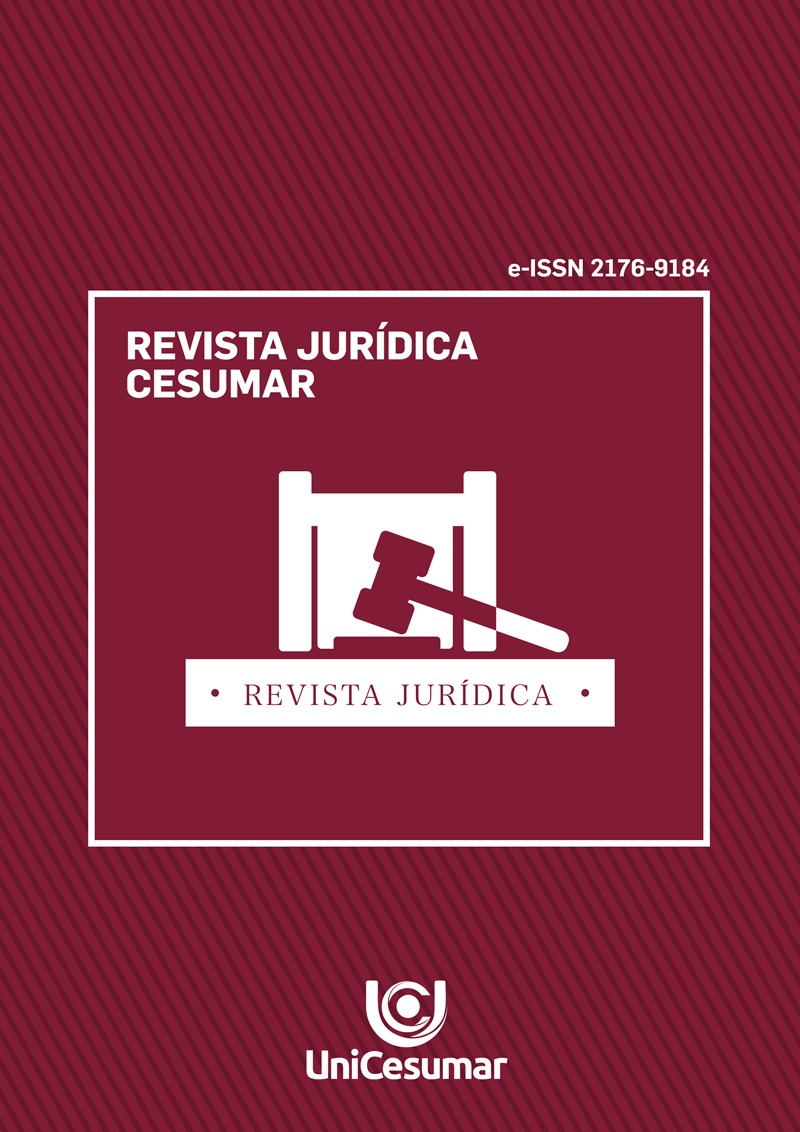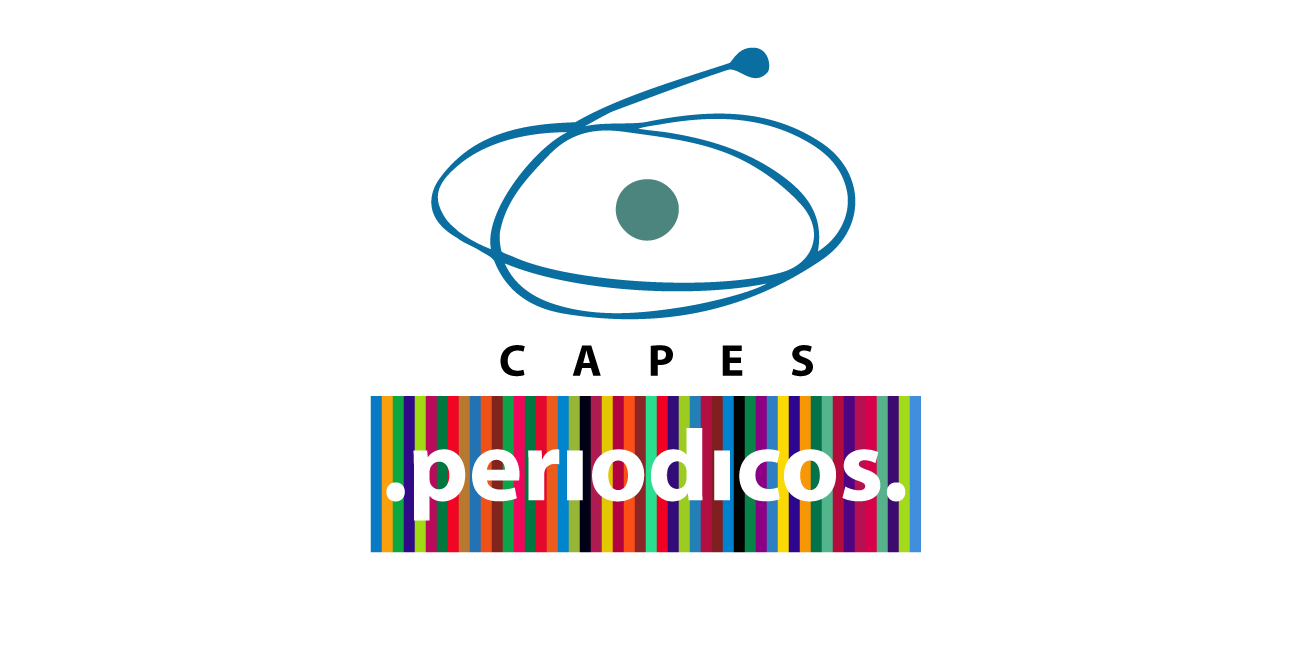An analysis of utilitarianism and hedonism in the waiver of the right to privacy on the internet under the characterization of the consumer’s algorithmic vulnerability
DOI:
https://doi.org/10.17765/2176-9184.2024v24n1.e11472Keywords:
Privacy, Hedonism, Utilitarism, Consume, VulnerabilityAbstract
This research aims to diagnose the interconnection between hedonism and utilitarianism in the abdication of the right to privacy in the digital environment, bringing this discussion to consumption, from the standpoint of protection of users' privacy, in attention to the vulnerable condition of the consumer. To this end, it was necessary to analyze the concepts of hedonic and utilitarian consumption, the study of the post-modern condition and the new limits in the aforementioned concepts, especially as to the online experience. It is concluded that both characteristics are present, in different proportions, being also responsible for the worsening of vulnerability and the deterioration of the user's privacy, characterizing especially the algorithmic vulnerability. This study was based on the deductive method and the bibliographic analysis of qualitative character.References
AHTOLA, Olli T. Hedonic and utilitarian aspects of consumer behavior: An attitudinal perspective. Advances in Consumer Research, [s.l.], v. 12, p. 7-10, 1985.
ALBUQUERQUE, Fábio Manoel Fernandes de; MALDONADO, Maura Carneiro; NUNES, Marcos Alexandre; ALMEIDA, Sônia Trigueiro de. Prazer em não consumir: motivações hedônicas de consumidores em experiências de não compra. Trabalho apresentado no IV Encontro de Marketing da ANPAD, de 23 a 25 de maio de 2010. Disponível em: http://www.anpad.org.br/admin/pdf/ema269.pdf. Acesso em: 28 abr. 2022.
BAUMAN, Zygmunt. Modernidade líquida. Rio de Janeiro: Zahar, 2001.
BENJAMIN, Robert; WIGAND, Rolf. Electronic markets and virtual value chains on the information superhighway. MIT Sloan Management Review, [s.l.], v. 36, n. 2, p. 61-72, 1995.
BRIDGES, Eileen; FLORSHEIM, Renée. Hedonic and utilitarian shopping goals: The online experience. Journal of Business Research, [s.l.], v. 61, n. 4, p. 309-314, 2008.
CARDOSO, Paulo Ribeiro; PINTO, Sara Carvalho. Consumo hedónico e utilitário e atitude face à publicidade. Comunicação pública, [s.l.], v. 4, n. 8/n. 7, p. 99-117, 2009. Disponível em: http://journals.openedition.org/cp/12778. Acesso em: 28 abr. 2022.
FOUCAULT, Michel. Vigiar e Punir: nascimento da prisão. Tradução de Raquel Ramalhete. Petrópolis, Vozes, 1987.
HAN, Byung-Chul. Psicopolítica: o neoliberalismo e as novas técnicas de poder. Belo Horizonte: Âyiné, 2014.
HAN, Byung-Chul. Sociedade do cansaço. Petrópolis: Vozes, 2015.
HAN, Byung-Chul. Topologia da violência. Petrópolis: Vozes, 2017.
HAN, Byung-Chul. No enxame: perspectivas do digital. Petrópolis: Vozes, 2018.
HIRSCHMAN, Elizabeth C.; HOLBROOK, Morris B. Hedonic consumption: Emerging concepts, methods and propositions. Journal of Marketing, [s.l.], v. 46, n. 3, p. 92-101, 1982.
LEGÍTIMO interesse na proteção de dados e vulnerabilidade algorítmica. GV Gouvêa Advogados, 8 jun. 2022. Disponível em: https://gouveadvogados.com.br/legitimo-interesse-na-protecao-de-dados-e-vulnerabilidade-algoritimica/. Acesso em: 16 ago. 2022.
LIPOVETSKY, Gilles. A felicidade paradoxal: ensaio sobre a sociedade de hiperconsumo. São Paulo: Companhia das Letras, 2007.
LIPOVETSKY, Gilles. O império do efêmero: a moda e seu destino nas sociedades modernas. São Paulo: Companhia das Letras, 2009.
LIPOVETSKY, Gilles; CHARLES, Sébastien. Os tempos hipermodernos. São Paulo: Barcarolla, 2004.
LYOTARD, Jean-François. A condição pós-moderna. Tradução de Ricardo Corrêa Barbosa. 12. ed. Rio de Janeiro: José Olympio, 2009.
MESQUITA, Luiza Helena Fortes de Miranda. Psicologia do consumo: como as bases teóricas da psicologia são aplicadas à publicidade. Disponível em: https://psicologiapersonal1.wixsite.com/teoriaspersonalidade/single-post/2015/11/05/psicologia-do-consumo-como-as-bases-te%C3%B3ricas-da-psicologia-s%C3%A3o-aplicadas-%C3%A0-publicidade. Acesso em: 2 out. 2022.
MILHOMENS, Heitor Antunes. Tutela da confiança e da vulnerabilidade na economia do compartilhamento: empoderamento do consumidor digital e mitigação da vulnerabilidade estrutural na era do hiperconsumo. 2021. 228 f. Dissertação (Mestrado em Direito) – Universidade Federal do Pará, Belém, 2021.
MILL, John Stuart. Utilitarismo. Porto: Porto Editora, 2005.
MIRANDA, Daylane; CAVALCANTE, Larissa Alves; MELO, Raimunda Alves. O olhar da psicologia social sobre atitudes antissociais: preconceito e estereótipos. Revista Epistemologia e Práxis Educativa, Teresina, ano 2, v. 3, n. 1, p. 1-13, jan./abr. 2020.
O’SHAUGHNESSY, John; JACKSON O’SHAUGHNESSY, Nicholas. Marketing, the consumer society and hedonism. European Journal of Marketing, [s.l.], v. 36, n. 5/6, p. 524–547, June 2002.
TAUBER, Edward M. Marketing notes and communications: Why do people shop? Journal of Marketing, [s.l.], v. 36, n. 4, p. 46-49, Oct. 1972.
THATCHER, Andrew; WRETSCHKO, Gisela; FRIDJHON, Peter. Online flow experiences, problematic Internet use and Internet procrastination. Computers in Human Behavior, [s.l.], v. 24, n. 5, p. 2236-2254, 2008.
VERBICARO, Dennis; MARANHÃO, Ney; CALANDRINI, Jorge. O impacto do capitalismo de plataforma no agravamento da vulnerabilidade algorítmica do consumidor e do trabalhador. Revista de Direito do Trabalho, São Paulo, n. 223, p. 277-305, maio/jun. 2022.
ZUBOFF, Shoshana. A era do capitalismo de vigilância: a luta por um futuro humano na nova fronteira de poder. Rio de Janeiro: Intrínseca, 2019.
WHAT does your phone know about you? ThinkMoney, 3rd Nov. 2020. Disponível em: https://www.thinkmoney.co.uk/blog/what-phones-know-about-you/. Acesso em: 12 abr. 2022.
Downloads
Published
How to Cite
Issue
Section
License
A Revista se reserva o direito de efetuar, nos originais, alterações de ordem normativa, ortográfica e gramatical, com o intuito de manter o padrão culto da língua, respeitando, porém, o estilo dos autores. As opiniões emitidas pelos autores são de sua exclusiva responsabilidade.
Os direitos autorais pertencem exclusivamente aos autores. Os direitos de licenciamento utilizado pelo periódico é a licença Commons Atribuição 4.0 Internacional. São permitidos o compartilhamento (cópia e distribuição do material em qualquer meio ou formato) e adaptação (remixar, transformar, e criar a partir do trabalho, mesmo para fins comerciais), desde que lhe atribuam o devido crédito pela criação original.

















